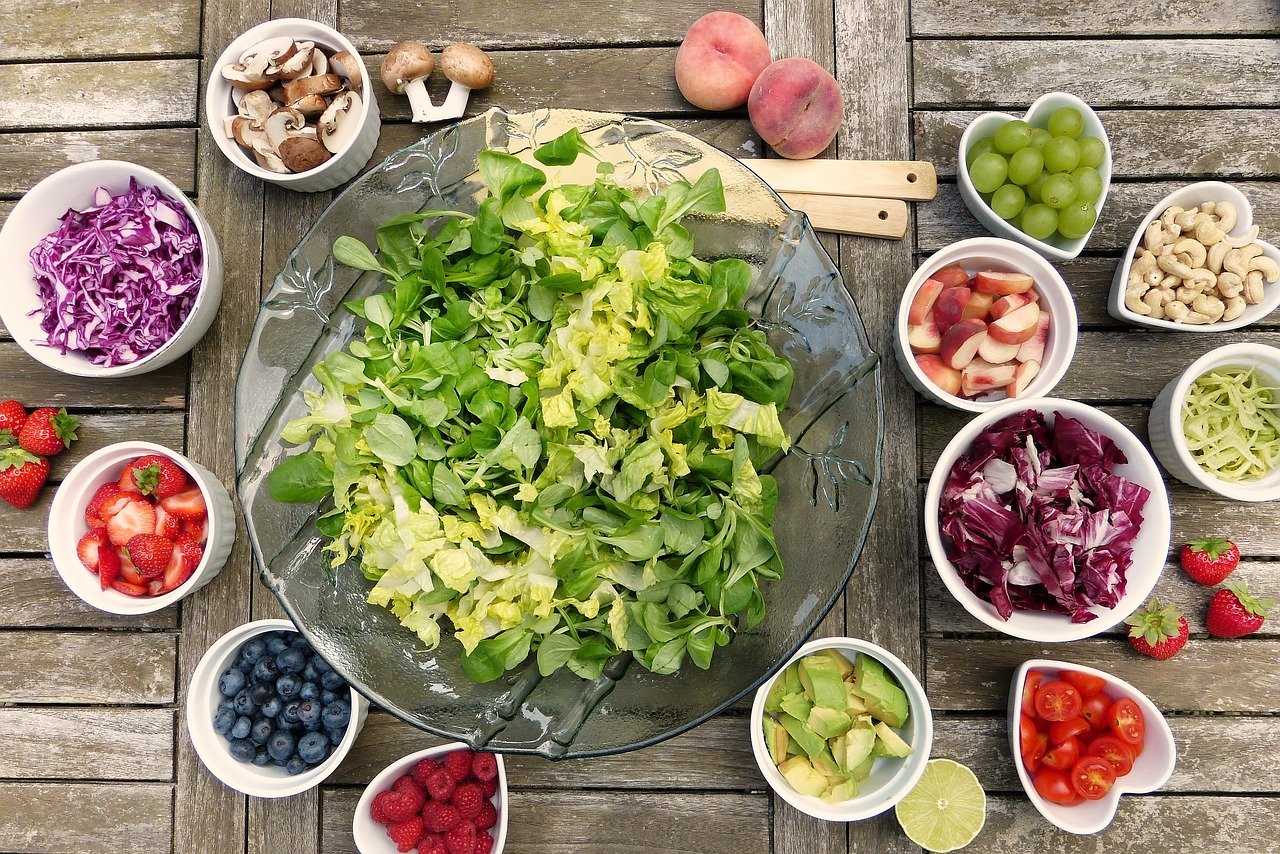Dieting is a huge component of weight loss. Professional trainers agree that it is more than 50% of the struggle.
While exercise brings plenty of benefits and raises a person’s metabolism, it’s important to remember that the diet is much more influential in the long term because it determines the quantity and quality of nutrients that are coming in.
One of the more popular diets as of late is the 1300 calorie diet. Let’s explore how this diet works and if it might work for you.
Can You Lose Weight On 1300 Calories A Day?
Will a 1300 calorie meal plan work? A 1300 calorie a day diet is designed to provide low carbohydrates and a higher protein and fat ratio. Studies show that this type of dieting won’t harm you, at least in the short term, as it won’t have any adverse effect on the kidneys.
Furthermore, lower-calorie diets have a higher chance of initiating some palpable weight loss when the patient is overweight or obese. Controlled diets, including the 1300 calorie a day diet, along with meal replacement products and anti-obesity drugs, are positive and beneficial to people who want long-term weight loss and weight maintenance afterward.
You can explore three categories if you want to try the 1300 calorie approach to losing weight. If you an ectomorph who is naturally slim and would like to build muscle and improve your muscular tone, the ideal ratio for your meals would be 40%-60% carbohydrates (complex carbs), 15%-25% fat, and 25%-35% protein.
If you are a mesomorph and would like to maintain your weight for the long-term, the ideal ratio is 30%-50% complex carbohydrates, 25%-35% protein, and 25-%-35% fats. People who fall into this category can also use this caloric deficit to improve their burn rate and tone their muscles by removing additional carbohydrates that may impede the weight loss process.
For massive fat loss, we recommend the low-carb version of the 1300 calories a day diet. You will trim your carbohydrate intake to just 10%-20% per day, followed by a higher protein and fat intake. Fat intake is pegged at 30%-40%, while the protein intake is raised to 40%-50% of your total diet. Keep in mind that a severe caloric deficit may not be for everyone, and it is important that you can monitor your health. We also recommend that you talk to your GP first before engaging in any severe caloric restrictions as we don’t want your body to go into shock.
Some additional considerations that you need to remember are:
- What types of diets did you try before, and what were your experiences with them? Diets vary by frequency and food type, yet ultimately, they work because they introduce caloric deficits into the equation. The caloric deficits allow people to lose weight, but other factors may affect how things will work out in the end for you.
- What are your food and beverage preferences? A simple meal plan that doesn’t have much flavor may be problematic for someone who likes savory food. We’re not just interested in having you lose weight for a few months. We want you to lose weight and maintain that weight.
- What is your dieting budget? Some diets may require you to purchase special food and beverages to maintain the caloric deficit. Fast food is easy and cheap, but they’re high in calories and are often greasy. Can you commit to adding additional expenses to lose weight?
- Sometimes, a lower-calorie diet can negatively impact a person’s metabolism, slowing it down and eventually causing weight loss to plateau.
If you want to start computing what you eat and setting boundaries as to how many calories you can have in a day using the 1300 calories per day diet, the following items can help you attain your goals:
- Green leafy vegetables
- Seeds and nuts
- Whole grain and cereals
- Fruits like blueberries
- Lean meats like chicken breast and boneless fish
Can I Lose Weight Eating 1400 Calories A Day?
The 1400 calories a day diet is a slight modification of the original 1300 calories a day. Can it work? Of course, it will. Any caloric deficit will contribute to weight loss efforts. However, if you are thinking of long-term weight loss and maintaining all the gains you have had over the months, you have to find that balance between dieting and eating what makes you happy. If you find the balance between these two, you gain a higher chance of keeping your weight at an ideal level.
What Can I Eat That Is 350 Calories?
Three hundred fifty calories meals are always possible. Whittling down the caloric load of a meal can be done scientifically, with exact numbers. If you don’t want any headaches with creating these calorie-controlled meals, we recommend sticking to smaller portions and adding more vegetables to the equation.
Of course, you still need protein and fats; it’s the ratio that truly counts in the end. Some ingredients you can work with are spinach, pasta, artichoke, worn parts of the chicken, different kinds of beans, mushrooms, etc.
What Foods Fill You Up but Are Low in Calories?
When we say “fill up,” we refer to the sensation of having eaten enough food to quell the appetite. Keep in mind that appetite and hunger are two different things.
Hunger is a physiological state wherein the body signals that you need to eat. Appetite is more of a psychological state – a desire to eat certain foods in certain quantities. If you have trouble managing how much you eat, we recommend the following:
- Fatty or lean fish
- Seafood
- Chia seeds
- Popcorn
- Steamed, poached, or boiled eggs
- Different kinds of berries
- Soup
- Yogurt and dairy products
- Oats

